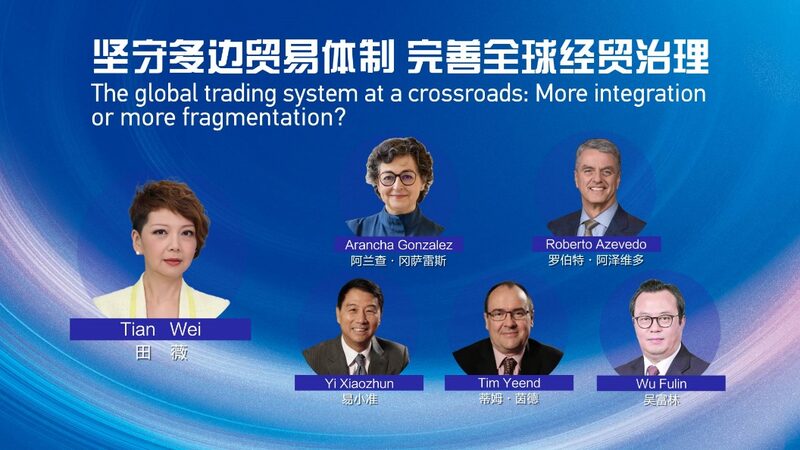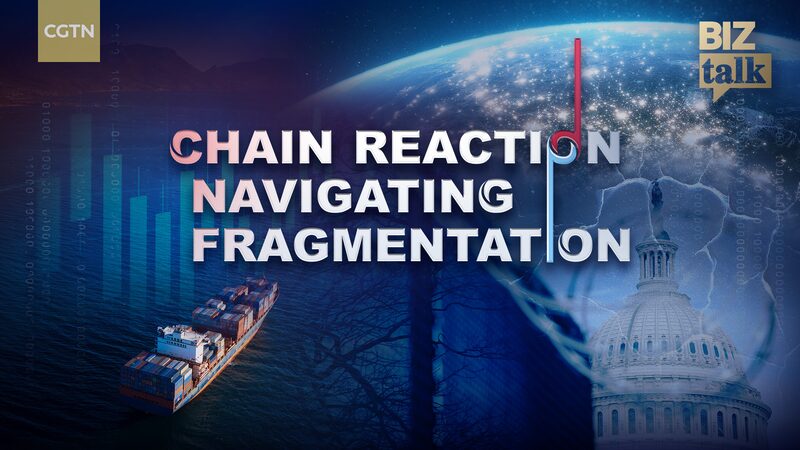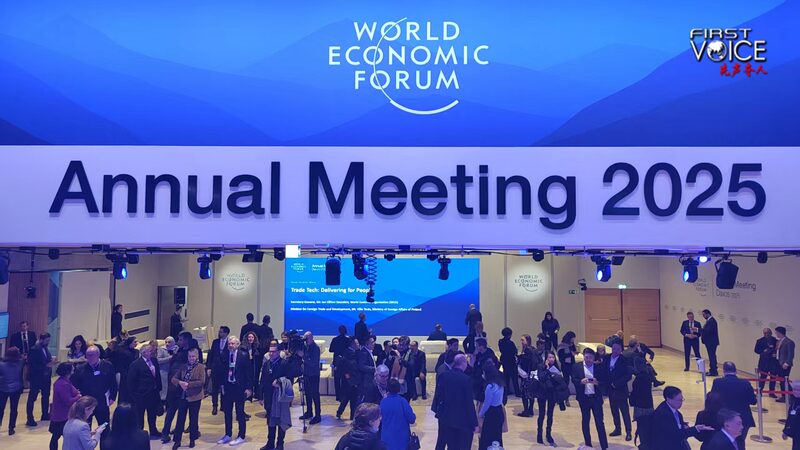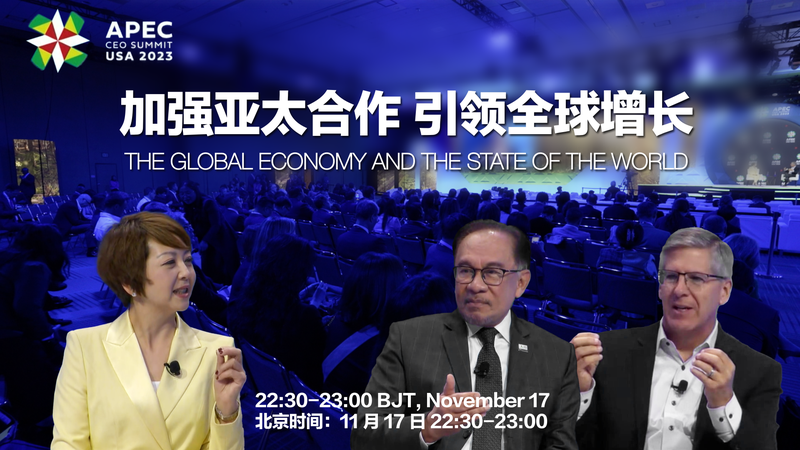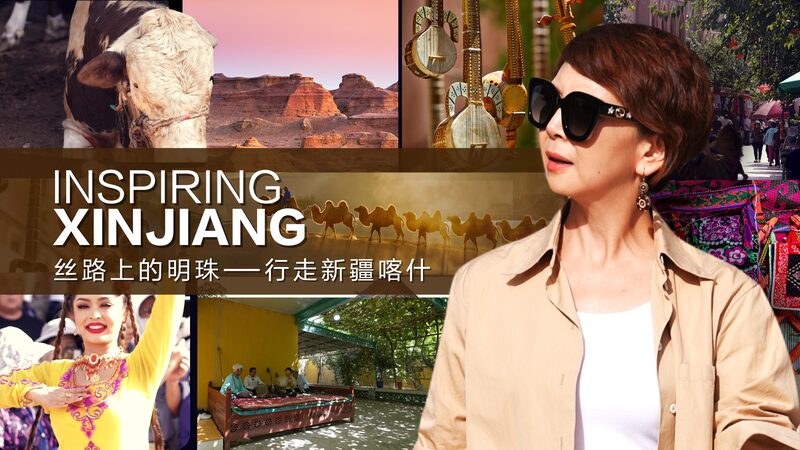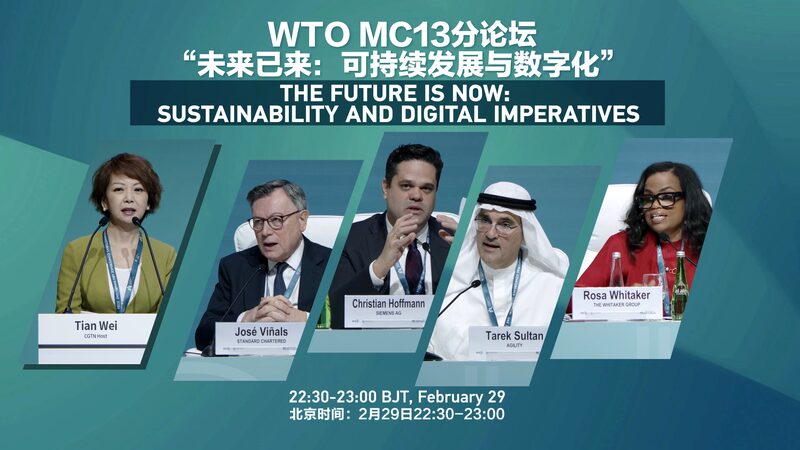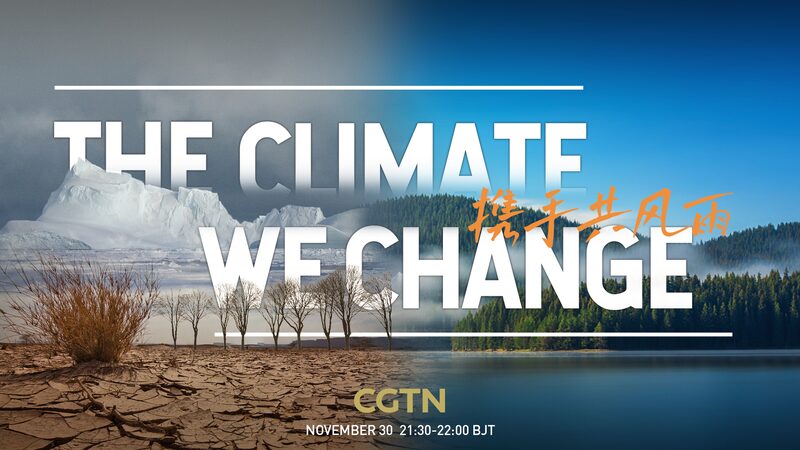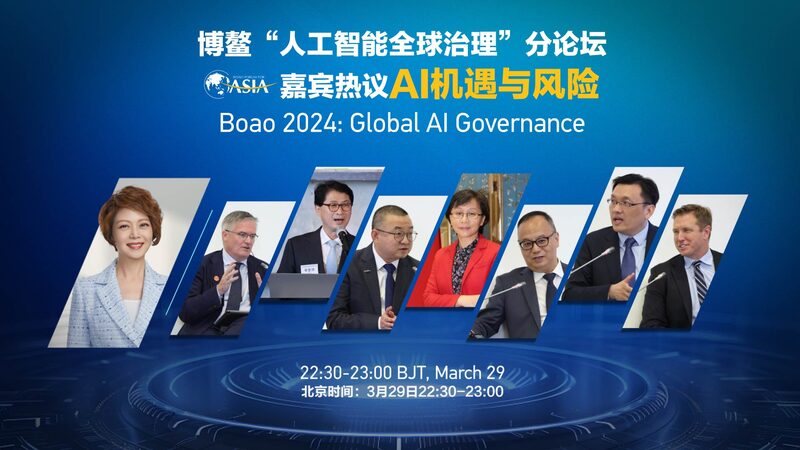Global Trading System Faces Crossroads: Path to Integration or Fragmentation?
Amid escalating geopolitical tensions, rising protectionism, and the pressing challenges of climate change, the future of the global trading system hangs in the balance. Policymakers, business leaders, and experts convened at the sixth Hongqiao International Economic Forum to deliberate on whether the world is moving towards greater integration or fragmentation in trade.
The parallel session titled “The Global Trading System at a Crossroads: More Integration or More Fragmentation?” brought together distinguished figures in international trade. CGTN host Tian Wei moderated the dialogue, featuring Arancha Gonzalez, Dean of the Paris School of International Affairs and former Spanish Foreign Minister; Roberto Azevêdo, former Director-General of the World Trade Organization (WTO); Yi Xiaozhun, former Deputy Director-General of the WTO; Tim Yeend, Associate Secretary of Australia’s Department of Foreign Affairs and Trade; and Wu Fulin, Chairman of the Export-Import Bank of China.
The panelists shared insights on supporting a robust, rules-based trading system capable of responding to modern challenges. They emphasized the need for cooperation and dialogue to address shared concerns such as supply chain disruptions, trade barriers, and environmental sustainability.
Arancha Gonzalez highlighted the importance of multilateralism in addressing global trade issues. “In an interconnected world, unilateral approaches are insufficient,” she noted. “We must strengthen international institutions and foster collaboration to ensure fair and equitable trade for all.”
Roberto Azevêdo underscored the critical role of the WTO in mediating trade disputes and setting global standards. “The WTO remains a cornerstone of the international trading system,” he said. “Efforts must be made to modernize its rules and make it more responsive to contemporary economic realities.”
Yi Xiaozhun pointed out the challenges faced by developing economies. “Emerging markets need greater support to integrate into the global economy,” he stated. “Inclusive policies are essential to bridge the gap and promote shared prosperity.”
Tim Yeend discussed Australia’s perspective on trade. “Open markets have been key to our economic success,” he remarked. “We advocate for policies that reduce barriers and promote free trade while addressing concerns such as environmental impact and labor standards.”
Wu Fulin emphasized China’s commitment to globalization and sustainable development. “China will continue to open its markets and support initiatives that enhance global trade connectivity,” he affirmed. “Collaboration is vital to overcome the challenges we face today.”
The session concluded with a consensus on the necessity of reinforcing the global trading system through cooperation, modernization of trade rules, and inclusive policies that benefit all nations.
Reference(s):
cgtn.com
